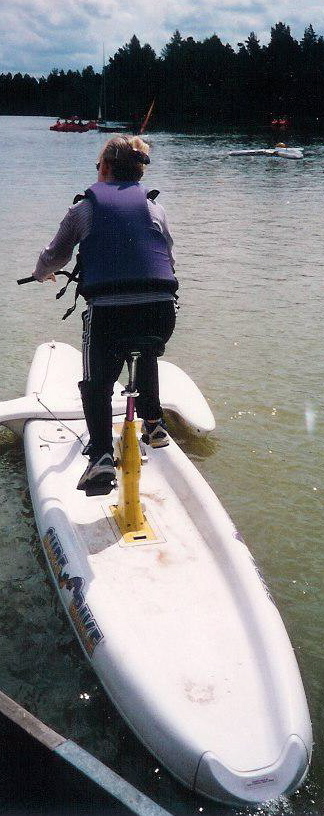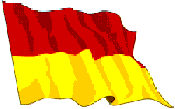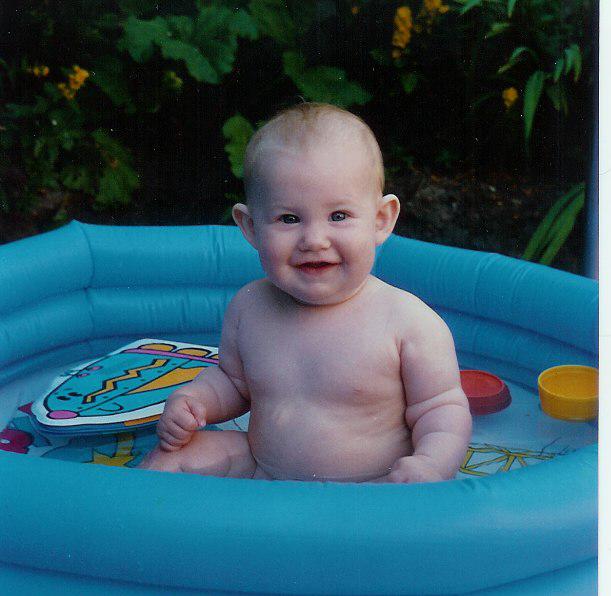publication date: Jun 18, 2007
 |
Drowning is the third most common cause of death in the under 16 age group. Some 50 children drown in the UK every year
For obvious reasons, the number of accidents involving water always rises during hot weather and Roger Vincent of the Royal Society for the Prevention of Accidents (RoSPA) urges parents who live near open water to discourage children from playing there.
“There are so many dangers. Children overestimate their swimming capabilities,” he warns.
“The water remains cold even during hot weather and there are the hazards of current, weeds and deep holes which can drag them down.
"Children should go to a properly supervised area where they have to wear life jackets.”
Children should be taught to swim – currently 200,000 children leave primary school without the basic skills needed to survive in water.
|
Beside the sea
For
seaside holidays to be fun for everyone,
parents should:
- Know where the life guard (if there is one) operates from.
- Check tide tables. Some tides come in so quickly a child can be out of his depth, and further out from the shore than he can cope with.
- Tell children to swim parallel to the shore, so that they won’t get out of their depth.
- Point out landmarks to swim between so they keep within your vision - and don’t get lost on the beach.
- Follow the flag system - see below.
- Not allow inflatables in the sea unless there is a designated area which is supervised or you can oversee.
- Remember sun protection - you can burn while in the water.
- Not allow swimming for one hour after eating a meal.
Flag warning system
This is the
new flag system which has been agreed throughout
the UK - images curtesy of
RoSPA.
 |
 |
 |
| Red and yellow – lifeguards are on patrol and you should swim in the area between the flags. |
Red – when this flag is flying it is dangerous to swim and you should not go into the water. |
Black and white – this indicates that the area has been designated for use by surf and Malibu boards and it is not safe for swimmers and bathers.
|
Swimming pools
Pools in the
UK are usually
supervised and children should be
made aware of all the
regulations like no
running, ducking, dive-bombing. Generally children have to be
over eight years old before they are
allowed to swim on their own.
Abroad or in
hotel swimming
pools you should
check the depth of the pool (this isn’t always marked). You may also want to make sure that the pool is
properly maintained.
Babies lose body
heat very quickly so the
water temperature should be at least
29°C, 28°C for
three-year-olds, as recommended by the
Amateur Swimming Association. The temperature
outside should be a degree or so
warmer.
Paddling pools

Children, especially the
under-fives, should be
supervised at all times. They can
drown in a
few inches of water.
Typically,
accidents happen when a parent just
pops into the
house for a
towel or to answer the
phone or a
doorbell.
Never
leave your child or children -
wrap them in
towels and take them
with you.
Pools should always be
emptied and
deflated (or hung up somewhere out of reach)
overnight in case children go into the garden on their own the
next morning.




 Children, especially the under-fives, should be supervised at all times. They can drown in a few inches of water.
Children, especially the under-fives, should be supervised at all times. They can drown in a few inches of water.